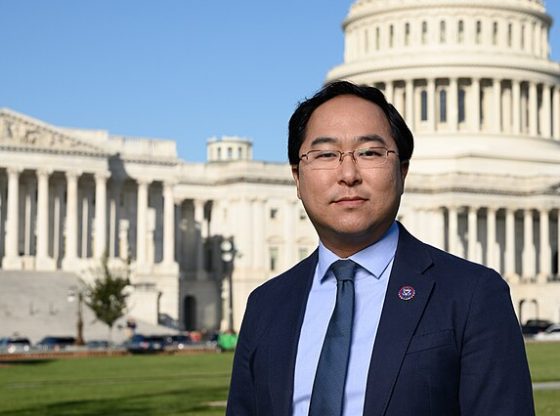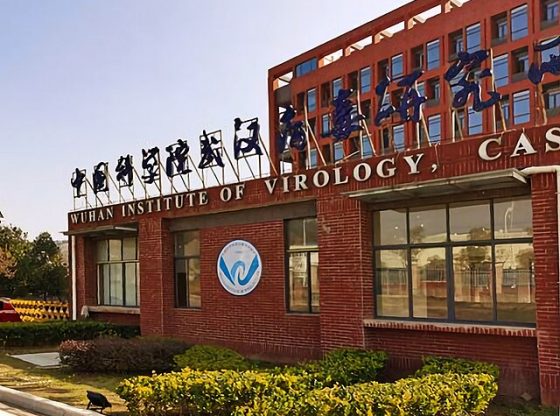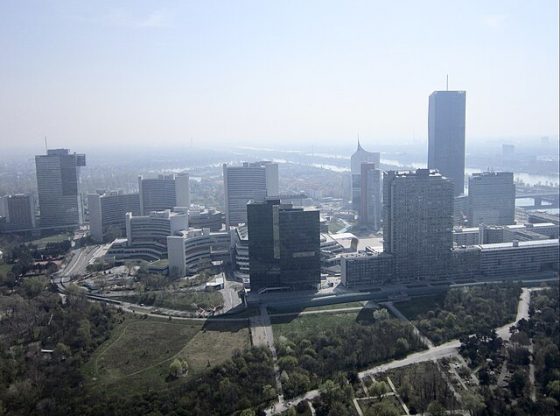The Evanston, Illinois city council quietly voted eight to one last week to tax marijuana sales and use the revenue to pay reparations for black residents.
Per the Washington Post:
“Our community was damaged due to the war on drugs and marijuana convictions. This is a chance to correct that,” Robin Rue Simmons, a black alderman who represents the city’s historically black Fifth Ward, told The Washington Post. “Our disadvantage and discrimination has continued beyond outlawing Jim Crow and beyond enslavement.”
The plan stems from the idea that African Americans should disproportionately benefit from the sale of cannabis, Simmons said, because they have been disproportionately affected by the policing of marijuana — both nationally and locally. In the past three years, nearly three-quarters of those arrested on marijuana possession charges in Evanston were African American, according to city officials.
But the city’s reparations plan will benefit not only victims of the war on drugs. Rather, it focuses on all African American residents, who Simmons said have suffered from the city’s history of redlining and, more recently, from the recession and foreclosure crisis. As black Evanstonians are pushed out by high property taxes and predatory lending practices, the reparations plan looks to give them the money to keep living and working in the lakefront suburb, about 14 miles north of downtown Chicago.
Besides being home to Northwestern University, Evanston has one of the largest black communities in the metro area’s affluent North Shore suburbs. About 22.5 percent of residents identified as black in 2000, according to U.S. Census Bureau data, though that figure fell to 16.9 percent in 2018.
The wealthy inner suburb of Chicago has a median family income of $102,706, making it unlikely reparations will go to many in need.














